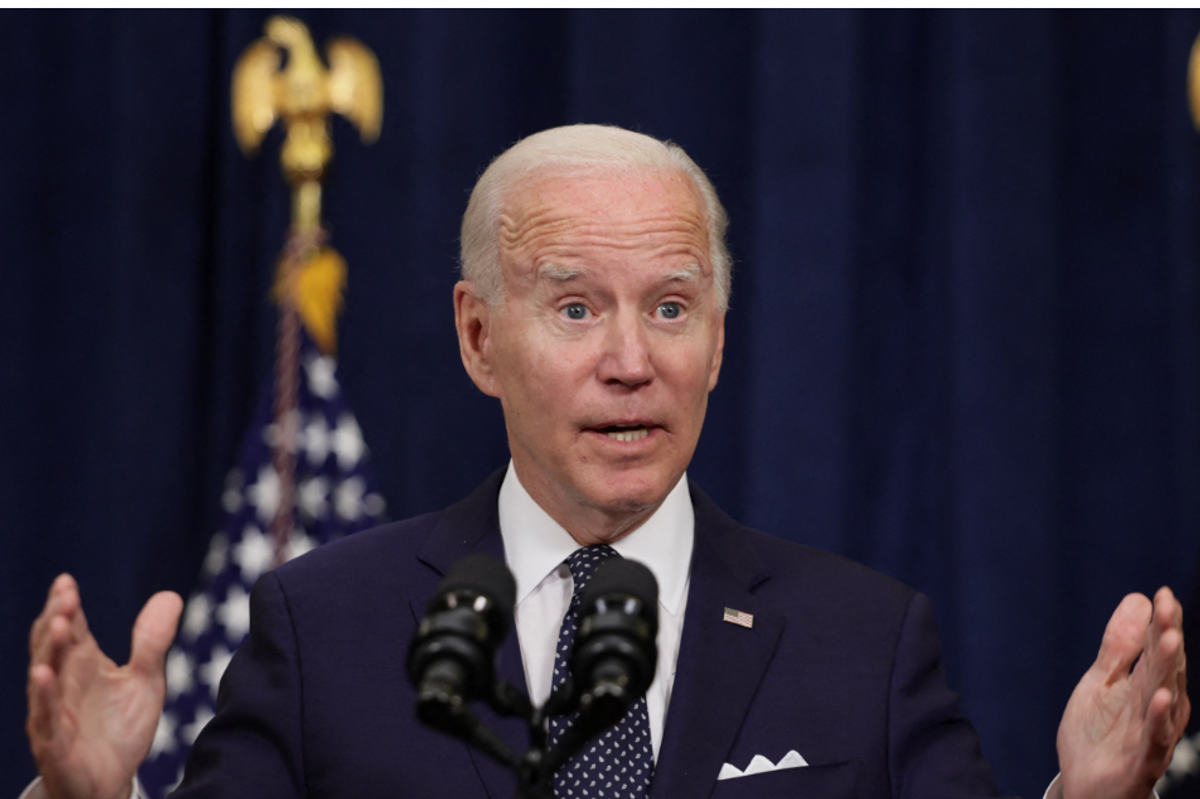Iraq Mission Finds Support In Europe, Where Fear Of Islamic State Already Runs High

By Matthew Schofield, McClatchy Foreign Staff
BERLIN — Two months after the Islamic State laid claim to much of Iraq, European nations are reacting, driven in part by the fact that there are already thousands of European boots on the ground in this conflict — fighting on the Islamic State side.
France on Wednesday officially announced it was delivering weapons to help the Kurds in their fight against the Islamic State, Britain has agreed to transport some of those weapons, and the German minister of defense is arguing that her country should consider providing weapons to the Kurds as well.
The actions are a direct reaction to pleas from Kurds in the north of Iraq that they need arms to hold off the Islamic State. To date, Kurdish militia have been relying on airstrikes from the United States to stop the advances, and even put the Islamic State into retreat.
But the European actions also are driven by a growing concern not only about the instability in Iraq and the region, but by the large numbers of Europeans now fighting in Syria and Iraq, so called “jihadi tourists.” National intelligence agencies from around the continent have estimated at least 2,000 and as many as 3,000 European Muslims have made their way into the region to join the fight, and the estimate is that about 1,500 remain at this time.
The primary fear expressed by security experts is that these citizens, once trained in the art of war and bomb making, will return to their former homes to carry out attacks.
An opinion poll in the United Kingdom by The Times of London indicated that 80 percent of the British believe international terror is now a local threat, and 40 percent favor British bombing of Islamic State forces, while 36 percent are opposed, with others being undecided.
The office of French President Francois Hollande posted a statement on its official website calling for other nations to follow France in ramping up aid to the Kurds.
“The catastrophic situation facing the population in the Kurdistan region of Iraq requires the continuation and amplification of the mobilization of the international community,” the statement read. “France intends to play an active role in providing … all necessary assistance.”
The concern in Europe since the Syrian conflict began in 2011 has been the large number of mostly young Europeans who’ve joined in what was then a civil war. There are no solid estimates of how many are fighting for the Islamic State in Iraq, though there have been news media reports of Islamist brigades made up entirely French or English or German speakers.
This summer there have been two reported suicide bombing attacks in Iraq by Germans, including one by a former Frankfurt resident and German citizen who reportedly drove a car bomb into a building near Ramadi and killed 20. The other involved a young man from the small German town of Ennepetal, who allegedly killed at least 27 during a July 19 attack in Baghdad.
German Minister of Defense Ursula von der Leyen this week urged the German Parliament to reconsider its position on aid to Iraq. German law prevents shipping arms to crisis areas, but officials this week have said there can be exceptions.
“All parts of the German forces are presently looking into how to efficiently and swiftly support the Iraqis,” von der Leyen said, and she urged that that support include “armored vehicles, minesweepers, body armor, helmets and medical supplies.”
She also said Germany should be open to the idea of supplying weapons. She told Der Spiegel magazine: “If it is about preventing genocide, then we in Germany have to reconsider the situation.”
Thomas Hegghammer, director of terrorism research at the Norwegian Defense Research Establishment, said that Norway recently went into high alert because of what was considered to be a specific terror threat involving fighters either returning from Syria or Iraq, or traveling on Norwegian passports.
He said that European intelligence services have been tracking the growth of those heading to join the fight from the beginning, but that defense officials across the continent remain unsure of the proper reaction.
“I don’t think anyone yet is talking about taking out (the Islamic State), or eliminating their safe haven in the region,” he said. “Does anyone really think that they can eliminate them without a massive military reaction? If we don’t, do we really want to get involved in a war we can’t win?”
Aram Shakaram, a director with Save the Children, wrote Wednesday in England’s The Daily Telegraph that the focus on Iraq for now must be the humanitarian crisis. He wrote such aid is “desperately needed to keep people alive,” referring to those who have been driven into the Iraqi mountains and from their homes and villages by the Islamic State.
He predicted, however, that the crisis won’t end in just weeks.
“The road ahead is long and the international community needs to step up now to save Iraq before it falls beyond repair,” he wrote.
AFP Photo/Amer Al-Saedi


